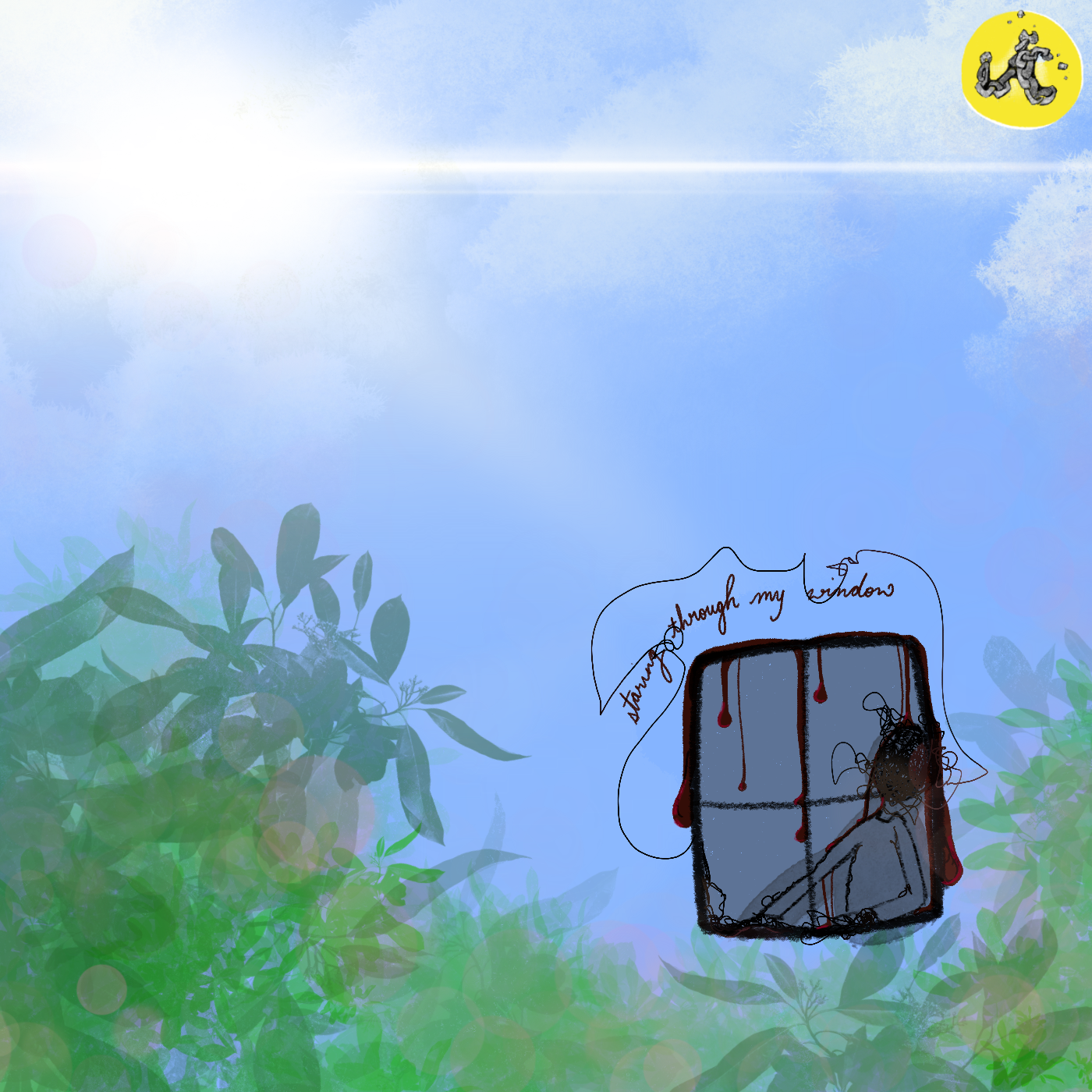Immigration Detention, The Hidden Costs: 5 – Reflection on “Being A Voice For The Voiceless”
Posted:
Time to read:
This guest post is written by a student, Angelika Wilinska, who took part in an social justice internship programme organised by the Centre for Social Justice Research (CSJR) at Westminster University, in collaboration with AVID - Association of Visitors to Immigration Detainees. The internship concluded with the exhibition “Immigration detention: past, present and future”, which was held at Westminster University for a week in April 2024.
The Unchained Collective is a group of individuals, some with firsthand experiences of immigration detention and others without, who advocate the transformative power of art to confront the oppressive systems of border violence, and particularly immigration detention. The collective’s driving vision is to end immigration detention for all people, everywhere, recognising it as a violent perpetuation of colonial domination. Most members of the Unchained Collective are based in Britain, where the collective was established in late 2023. This is the sixth post of a themed series called “Immigration Detention - The Hidden Costs” based on the homonym podcast, of which you can listen to the introduction here.
In this episode, Faith talks about the profound impact of immigration detention on her mental health. She calls for radical changes to the system, advocating for an end to detention and the creation of community-based alternatives. However, whilst detention continues, she calls for support for people once they are released and speaks powerfully about the importance of raising awareness of the realities of detention. Knowledge, she says, is power and ‘ignorance a very big disease’, with awareness she concludes, tomorrow will be a better day.
Angelika’s reflection whilst listening to Faith’s podcast, “Being A Voice For The Voiceless”
At the start of the conversation, Faith shares that being detained for her was a very traumatic experience, as a result of which she developed numerous mental health challenges. The uncertainty which characterises detention, and constitutes a defining feature of the violent operation of this system, was one of the hardest parts, as Faith didn’t know what was going to happen day after day. Also, on a personal level, being released from detention felt like “exile”; it was very difficult for her to do anything and she struggled to form relationships. Her old friends became distant, due to her experiencing imprisonment, leaving Faith to fend for herself and feeling very lonely. The day she was detained felt like a “spectacle” where the whole community watched whilst she was arrested, the Home Office treating her like an “armed robber”. Faith also shared that despite her leaving detention, the effects of this form of imprisonment never actually left her. She talks of being affected economically and spiritually, as well as personally, because according to the state she is seen as a “nobody” simply due to her immigration status. However, despite her experience, she wants to challenge this violence and prove that she is not a “second-class human being”, rather a person who has talents, ambitions, and desires just like everyone else.
Importantly, Faith mentions that through the support of Women for Refugee Women and by engaging in an education journey, she has been able to project her voice and become also a voice for people who don't have one, the “voiceless”, as they are silenced and invisibilised by the system. She also wants to raise awareness of detention violence and what is currently happening inside these facilities walls, believing that awareness will help people understand, and through this, transformative change will become possible. Without awareness, she argues, the current immigration policies will remain the same, fundamentally unjust, and the public will continue in their ignorance. As she powerfully puts it, “knowledge is power and ignorance a very big disease”. Her desire is to be part of any effort to create awareness about the evils of immigration detention and to combat these walls of ignorance to ensure “tomorrow will be a better day”.

Immigration has for decades been a political pawn, used by those seeking power to generate fear and division within our society. A vitally important response to this is for those silenced by the system, to regain their power and speak their truths about the realities of their experiences, to counter the narratives that dominate the media and present themselves as people that can be related to and understood. The courage of people like Faith, who harness the power of their voice to speak for the voiceless and seek change from a position of experience, is both deeply inspiring and essential in the journey to justice and equality.
From my own experience of listening to this podcast, Faith’s story was truly inspiring and devastating at the same time. It made me realise that there is still so much that needs to be done towards immigration detention centres and to support the individuals inside such facilities as they are traumatising experiences to go through. Faith’s story also made me hopeful that with enough awareness being spread, the public will soon realise the immense impact immigration detention has on those who are affected by it.
You can listen to the introductory episode embedded above, on Acast, and on Apple Podcasts.
Share:








